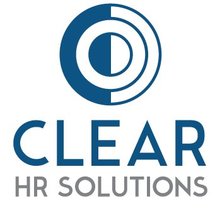|
12/10/2022 0 Comments the new year will bring many new rulesSeasons' Greetings to everyone,
New Year, New Rules - and, you must be ready! In addition to the changes in Minimum Wage for CA & San Diego (and other municipalities as well), CA has several new laws that we will have to follow. The best author to follow is the California Chamber of Commerce, aka CalChamber. Here is an excerpt of what you need to know:
Check out the CALCHAMBER article from last month which will give you the basics AND, did you know that your employment poster will have 8 policy changes? If this is too much for you on your own, let us know, we will decode & decipher this with you!
0 Comments
6/10/2022 0 Comments we heard you are proactive!Welcome to your weekend, and welcome to your DIY HR world!
The State of California offers regular Labor Law and Payroll Tax training (online) for FREE! Here is the link to find a training and sign up - you're welcome :) https://seminars.edd.ca.gov/Payroll_Tax_Seminars/ Not sure which one will be good for you? Well, if you're reading this before 6/14/22 - then start with... "Employment Status Tax Seminar You will learn:
6/8/2022 0 Comments minimum wage in ca is going upThere are a handful of cities in CA where the minimum wage is going up 'NOW' as in July 1st 2022, they are:
City Current NEW RATE 7/1/22 Pasadena $15.00 $16.11 Los Angeles County $15.00 $15.96 City of Los Angeles $15.00 $16.04 Emeryville $17.13 $17.68 San Francisco $16.32 $16.99 If you have employees in these cities, perform a quick payroll audit to identify any employees who are at the current minimum wage, and be prepared to increase it effect ON or BEFORE July 1, 2022 - not AFTER. Here is the link to the source article For the rest of us in California - minimum wage is going up to $15.50/hour on 1/1/2023. No feedback from the City of San Diego just yet - stay tuned on that rate! California can be a tricky place to do business, but if you know the rules, it does get easier!
For example, the Cal OSHA COVID19 directive from 11/30/2020, Title 8, has a lot of information in there, but something that MIGHT get lost in translation was pointed out by a good friend, and Employment Law attorney. Did you know this Scenario?
Best business practices:
Your ONE task to do NOW, before 1/1/21 is to ensure your minimum age employees are paid correctly for 2021!
Rates for CA businesses are here: www.dir.ca.gov/dlse/FAQ_MinimumWage.htm Rates for San Diego based businesses are here: www.sandiego.gov/treasurer/minimum-wage-program If you need any guidance on this, or resources - let us know! [email protected] 858 336 7347 4/24/2020 0 Comments who are those PPP lenders?Happy Friday everyone! The US Chamber of Commerce with Inc.com are hosting Small Business Town Hall webinars every Friday at 12pm EST (ie: 9am, PST) The event today was excellent (they all are, btw) and shared so much helpful information, specifically that the SBA PPP has a link for ALL OF THE APPROVED LENDERS BY STATE! Check it out HERE: https://www.sba.gov/document/support--paycheck-protection-program-participating-lenders If you are a HANDS ON business person, the you can't miss the next event! Here is a link to the next webinar, May 1st, 12pm EST https://www.inc.com/inc-staff/small-business-may-town-hall-registration.html?icid=hmside1 4/23/2020 0 Comments Sharing knowledgeWhile adjusting to my own 'remote work life', there have been a few opportunities to share HR knowledge!
Thank you to Cairn Leadership, Knight Campbell & Abigail Jones, for their invitation to address the UCSD Rady StartR Veteran Program. While HR is one of the broadest topics to discuss with new business owners, we honed it down to employee vs independent contractors (AB5 chat) and writing job descriptions. And, tomorrow, Friday April 24th, a video I prepared for The Pulse San Diego and my super biz gal buddy, Cindy Matalucci! Can't spoil it for you, so you'll have to tune in! http://www.thepulsesd.com/live/ On May 5th, I'll be presenting more HR to The Rosie Network along the Parlatore Law Group - and, we'll be discussing the spectrum of Employment Law and business issues. Goodness - this is a good time to be in HR - it's all about sharing good information and advocating for business & employees! 4/17/2020 0 Comments covid 19 resources are everywhereLike, literally EVERYWHERE!
It's been a huge leap over the past three weeks since my last share, with seemingly every conceivable business entity, non-profit, and every level of government participating. If you are in an information fog, overload, disconnect, avalanche - just raise your hand and own it---because I'm right there with you! For all of us today and everyday, patience, safety, health & compassion. 3/26/2020 0 Comments covid-19, basics firstI didn't think it possible, but COVID-19 has done did it; it has kicked aside all of the AB5 angst.
What else than a pandemic's concerning presence for us to say, "Forget this, we just want to survive!" I'll keep it simple, let's start here: https://covid19.ca.gov/ Do:
Next post will be for employers on what you need to know and do for your employees. Stay safe - follow the rules - we'll get through this together! Peace, Sara 7/11/2019 1 Comment cal savers - new state lawThe law went into effect on July 1, 2019, and it stipulates, that every employer with 5 or more employees, must either provide their employees a business sponsored IRA, or the business must sign up with the State run CALSAVER program, and the employees participate from there.
Different size business have different time lines... GO HERE to read more. Yes, this is mandatory if you have 5 or more employees in CA. |
AuthorClear HR Solutions, Inc. Archives
December 2022
Categories |
ServicesHR Audit
Handbook HR Consulting |
|
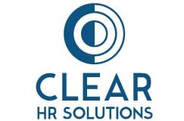
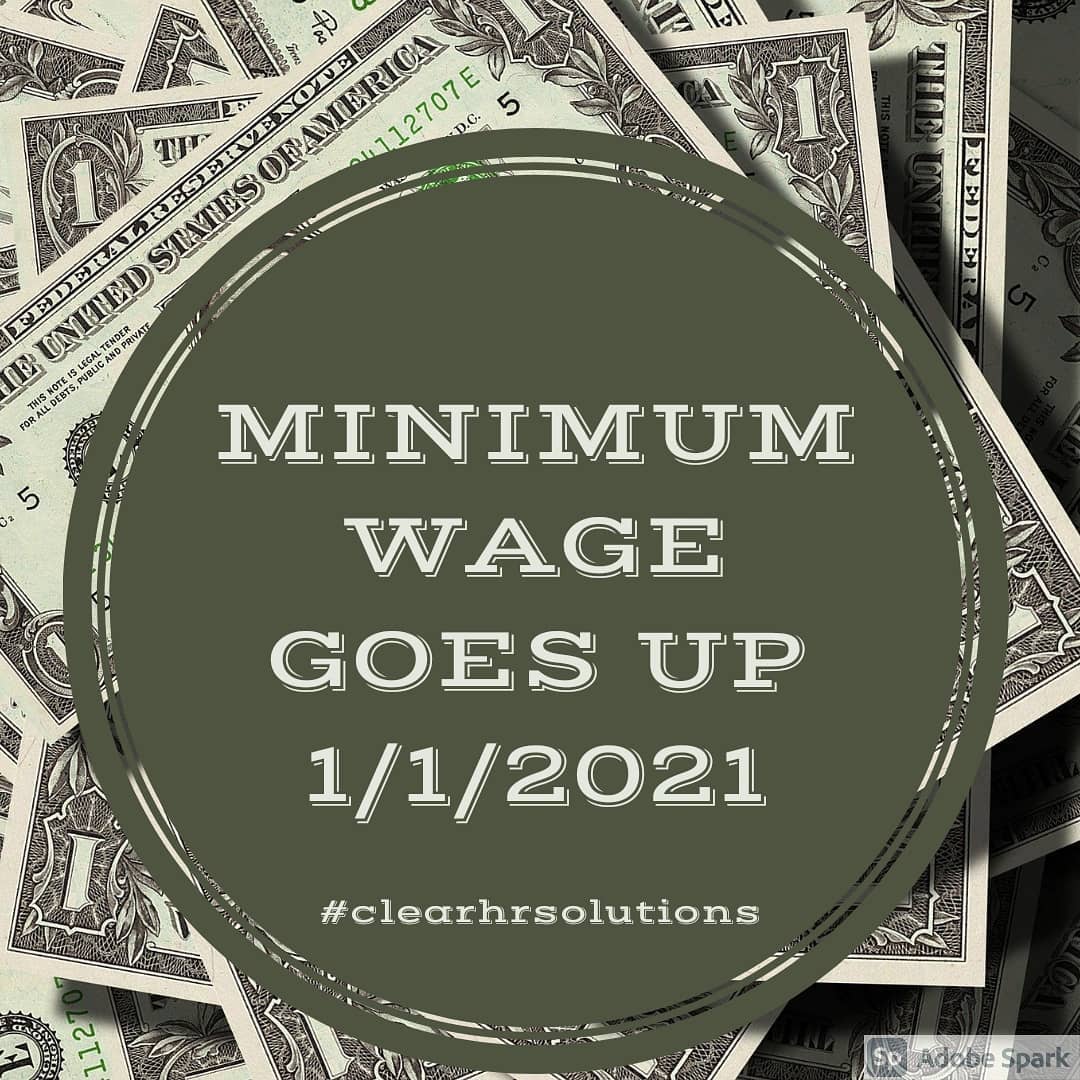


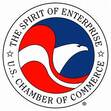



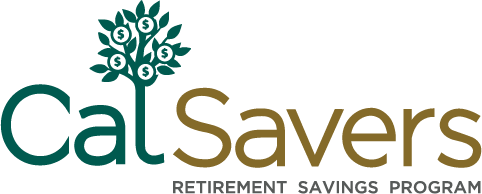
 RSS Feed
RSS Feed

